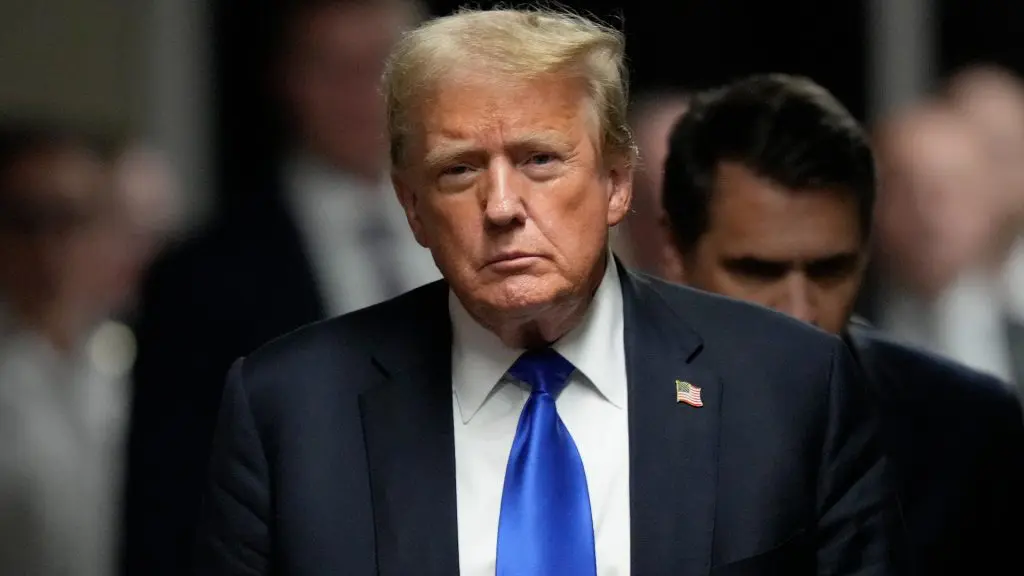In a surprising turn of events, US President-elect Donald Trump has proposed a merger between the United States and Canada.
This announcement came just hours after Canadian Prime Minister Justin Trudeau announced his resignation amid declining popularity.
Trump’s proposal, which he claims would eliminate tariffs and enhance security, has sparked discussions about national identity and sovereignty. He suggested that such a merger would create a more robust economic and political alliance, providing enhanced security against perceived threats from Russian and Chinese naval forces.
Trudeau, who will remain in office until a new leader is chosen, has faced mounting pressure from his Liberal Party due to his government’s performance. While Canadian officials have remained largely silent on Trump’s comments, the implications of such a merger raise significant questions about the future of both nations.
In a series of statements made on social media platforms, Trump reiterated his long-standing belief that Canada should become the 51st state of the United States. He asserted that this merger would not only eliminate tariffs but also significantly reduce taxes for citizens of both nations. Trump also threatened to impose tariffs on Canadian goods if the country does not take immediate action to address issues such as illegal migration and drug-related violence crossing their shared border.
Trudeau’s resignation announcement follows a period of declining approval ratings and increasing dissatisfaction within his party. The Prime Minister stated he would step down once the Liberal Party elects a new leader, emphasizing the need for fresh direction as general elections approach later this year. His tenure has been marked by various controversies, including criticism over economic management, environmental policies, and governance challenges during the COVID-19 pandemic.
The political landscape in Canada is now uncertain, with many citizens expressing concern about who will lead the country through these turbulent times.
Trudeau’s departure has prompted discussions about potential successors and what their leadership might mean for Canada’s relationship with the United States.
The timing of Trump’s proposal adds another layer of complexity to an already challenging political environment. The idea of merging two sovereign nations raises profound questions about national identity, governance, and cultural integrity.
While some may find Trump’s vision appealing, it is essential to consider the implications such a merger would have on the unique identities and values that define both Canada and the United States.
Get instant and latest news updates via Our WhatsApp Community, X/Twitter or Google News online channel.


